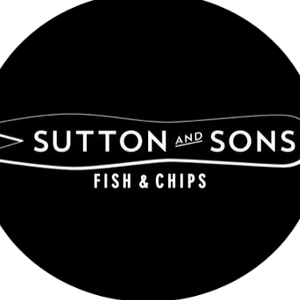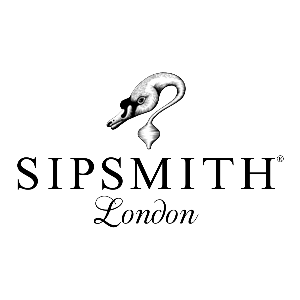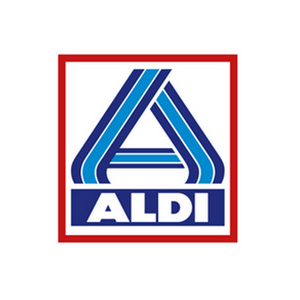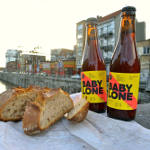
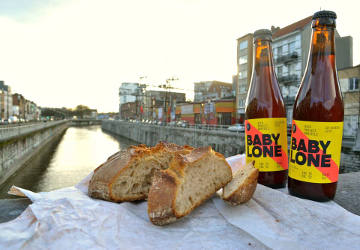 Whilst beer is automatically associated with hops, they haven't always been the basis for this drink. 6,000 years ago, an alcohol was already brewed in Mesopotamia, by fermenting cereals and bread. Following this principle, the creators of the Brussels Beer Project micro-brewery have designed a beer from the circular economy, in partnership with the CODUCO sustainable development organisation.
Whilst beer is automatically associated with hops, they haven't always been the basis for this drink. 6,000 years ago, an alcohol was already brewed in Mesopotamia, by fermenting cereals and bread. Following this principle, the creators of the Brussels Beer Project micro-brewery have designed a beer from the circular economy, in partnership with the CODUCO sustainable development organisation.
Following the principles of this type of economy, Babylon's recipe includes 30% of fermented unsold bread. This is collected from Brussels' stores and bakeries, thus reducing food waste. Once collected, this bread is transformed into flour by the Atelier Groot Eiland, before being integrated into the brewing process. Half a tonne of bread is used every month to make 4,000 litres of Babylon. To this basic ingredient is added malt and one British and two American hop varieties, giving their aromas to this amber beer. Each 33 cl bottle includes one and a half slices of plain white or grey bread. Whilst Babylon is currently made by the Bier Anders brewery, Brussels Beer Project is currently acquiring its own micro-brewery in the heart of the Belgian capital.
Part of the solidarity economy, this is not the first attempt for this company working for professional re-insertion. It sells beers including Grosse Bertha, Babeleir de Bretagne or Dark Sister in Belgium and 9 other countries. It was also at the start of the Beer for Life project which offers a ?160 subscription giving the right to receive 12 beers per year for life, thus financing the development and production of new recipes and co-creations by the young company created in 2013. 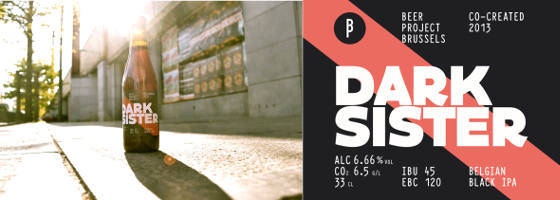
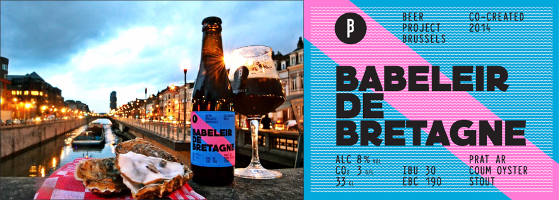
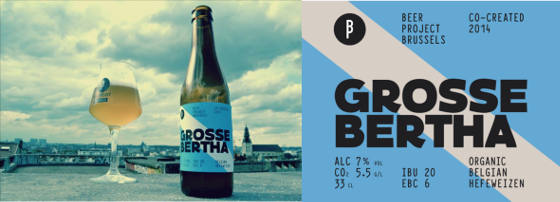
* Photos from the Brussels Beer project website and Facebook page
** Excessive alcohol consumption is dangerous for your health, please drink responsibly
News in the same category
The growing concern for the future of our embattled planet as expressed by the world's leading environmentalists has seen a significant number of people consider the switch to a vegan lifestyle.
London’s Christmas spirit has come early this year. At least, it has if you’ve already visited the Sipsmith Gin Christmas Gift Shop, which recently opened in the city.
Aldi has been given the go-ahead to open a new store in St Leonard.
The British are known for their love of tea, so it is no surprise that London has so many amazing places to drink it. It is difficult to pick the definitive list of the best places but the following offer a wide choice that will suit all tastes.

